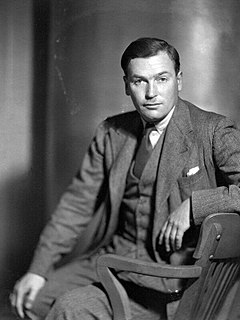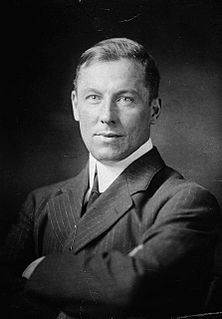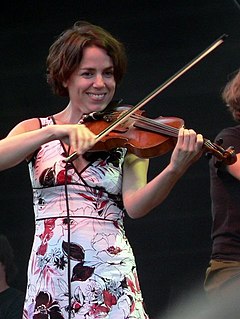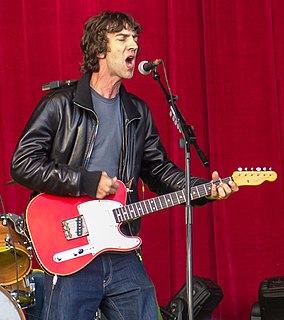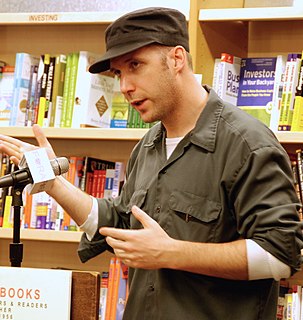A Quote by Ambrose Bierce
BLANK-VERSE, n. Unrhymed iambic pentameters - the most difficult kind of English verse to write acceptably; a kind, therefore, much affected by those who cannot acceptably write any kind.
Related Quotes
I didn't know how write a song, (verse, chorus, verse, chorus, bridge, chorus, bridge, verse), etc., and I didn't know how to write lyrics, so that's when I thought, well, I don't have to write a song with all those verses and choruses or lyrics. I can just sing everything the way I want to. So I sang all the instruments with my voice and just went with it.
I figured I’d probably write 50 scripts in my life. Out of those 50, I figured maybe five would be produced, and that maybe one or two would be successful. So I always kind of expected I’d write at least one successful film in my life. [...] The way it all came together was kind of like Murphy's law in reverse—I don’t expect that kind of experience again any time soon.

